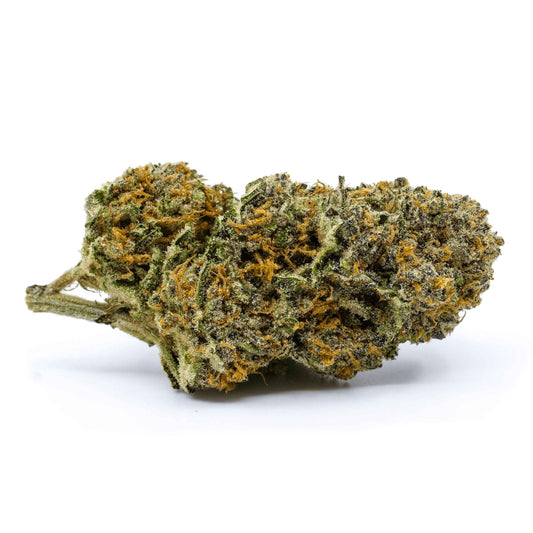A surge in tax arrears among Canadian cannabis producers is posing a significant threat to the industry's stability, potentially leading to the demise of several companies unable to meet their financial obligations. Recent tax data and industry analysis reveal a concerning trend, with federally licensed cannabis producers collectively owing the Canada Revenue Agency (CRA) a staggering 273.4 million Canadian dollars ($202 million) as of December 29, 2023. This figure represents a stark 72% increase compared to the previous year.
The number of delinquent companies has seen a sharp rise in recent years, with approximately 259 licensees falling behind on their tax commitments by the end of 2023. These tax liabilities encompass various obligations, including excise duty, Canada’s Harmonized Sales Tax, payroll tax, and corporate income tax. The escalating situation prompted the CRA to initiate an unprecedented crackdown, as evidenced by recent reports indicating the agency's directive to provincial wholesalers to garnish payments from delinquent producers.
Despite the concerns raised by industry insiders regarding the aggressive tax collection measures, some executives argue that the current landscape of hypercompetition and pricing pressures is unsustainable for the multitude of cannabis cultivators and processors. This sentiment suggests that without significant changes to taxation policies and regulatory frameworks, many licensed producers may face insurmountable challenges.
The implications of this tax crisis extend beyond financial hardship for individual companies, potentially reshaping the dynamics of the entire industry. Analysts speculate that if the government's efforts to secure tax payments are successful, a substantial number of current producers could be forced out of business. This scenario could result in a redistribution of market share among surviving players and alleviate some of the pricing pressures that have plagued the industry in recent years.
A regional breakdown of unpaid cannabis taxes reveals significant disparities across different provinces. Ontario, for example, witnessed a doubling of tax arrears owed by cannabis companies, with the number of delinquent businesses increasing from 65 to 80 within a year. Western Canada and Atlantic Canada also experienced notable increases in tax debt, reflecting the widespread nature of the issue. In Quebec, despite a smaller number of delinquent companies, the amount of tax owed tripled over the course of the year, underscoring the severity of the problem at a regional level.
In summary, the mounting tax debt among Canadian cannabis producers poses a formidable challenge to the industry's sustainability. Addressing this issue will require concerted efforts from both government agencies and industry stakeholders to implement reforms that foster a more equitable and stable operating environment. Failure to do so could have far-reaching consequences for the future viability of the cannabis sector in Canada.
SOURCE: https://mjbizdaily.com/canada-unpaid-cannabis-taxes-soar-to-almost-ca300-million/





























































